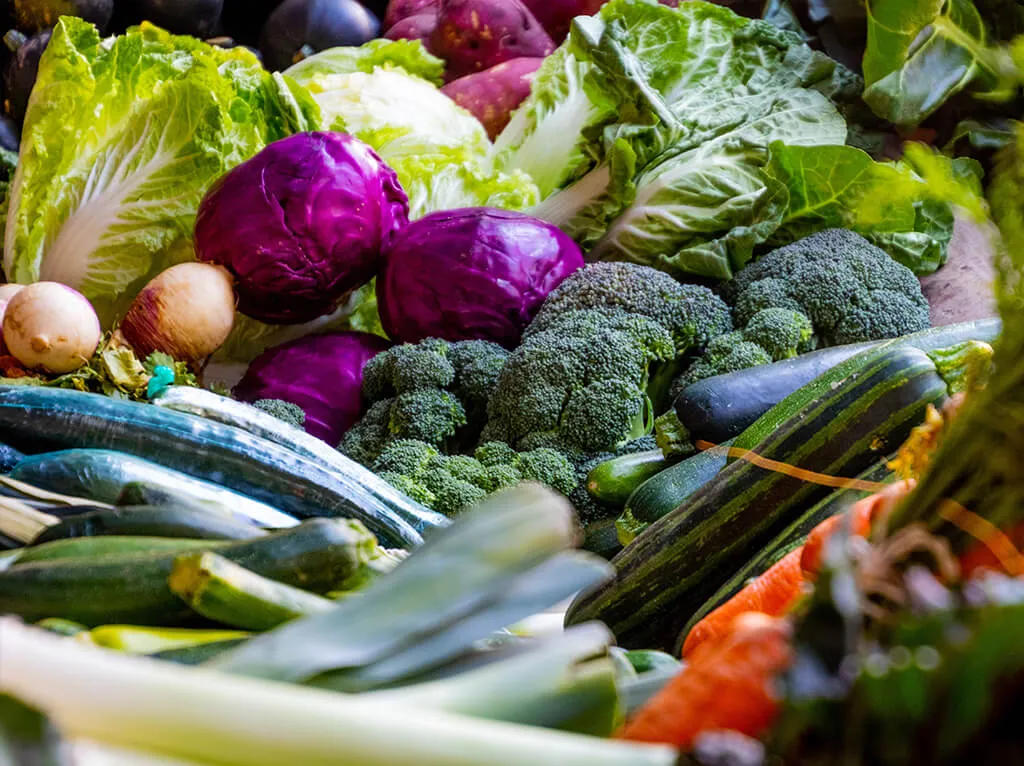
Blog
Thinking
I am not a vegan
by
Kath Cotton
November 6, 2019
I became a vegetarian back in the 1980s. In those days it was far from common, and it was hard to find vegetarian food when I was away from home. My friends’ parents didn’t know how to deal with it, and my Dad thought I was some kind of hippy weirdo who would get over it by the time I hit my teenage years. 30 years on, I am still vegetarian. But recently, and entirely out of my control, I am becoming more and more vegan. I am perfectly happy being vegetarian, and although I have reduced my dairy consumption, I have absolutely no plans to become vegan. But society disagrees. Since the recent rise of the vegan movement, vegetarians have been side-lined. It’s great that so many people are turning to veganism, but I don’t see why it should be assumed that I automatically want to join them. All of a sudden, most pubs and restaurants have few if any vegetarian options, instead proudly announcing their new vegan credentials and expecting me to be delighted.
There’s no doubt veganism is on the rise. The number of vegans in Britain quadrupled between 2014 and 2018, now standing at 1.16% of the population[1]. In contrast, 14% of the UK population is vegetarian[2]. In addition to these two figures, 21% of UK consumers currently identify as being ‘flexitarian’ – eating a largely plant-based diet that is supplemented occasionally with meat. Looking at these statistics, why is it that vegetarian dishes on the menu have been replaced with vegan ones? There are still more than 12 times as many vegetarians as vegans, so why should vegetarian options be struck off? Would it not be more representative of current dietary choices to reduce the number of meat-containing meals instead of sacrificing the vegetarian ones? Shouldn’t we be providing a greater range of options that reflect the spectrum of diet choices across the population?
There is a wild assumption that vegetarians will be happy to be vegan. Why is that so? I have chosen to cut meat and fish from my diet, but I don’t exclude eggs or dairy. The reaction to rising veganism has been to lump two customer groups together and assume everyone will be happy, rather than to understand the needs of each and catering (literally) to them accordingly. I’m about as delighted about being pushed into veganism as a meat eater who is suddenly told they have to be vegetarian.
I have experienced some hilarious assumptions as a vegetarian. Like the time I got a slightly smaller Mars bar than the non-vegetarians on an in-flight meal. Or last month when my meal at a Sofitel in France was a bowl of vegetables that looked identical to something I could have microwaved myself, straight from the freezer. For the bargain price of €22.
My point is that we shouldn’t be lumping people into buckets and going with the easy option. (Even when looking for stats on vegetarianism for this post the search results were largely about veganism, despite it not being in my search terms.) Instead we should be recognising different customer groups and their needs, and providing choices that reflect that. And also, I really love cheese…